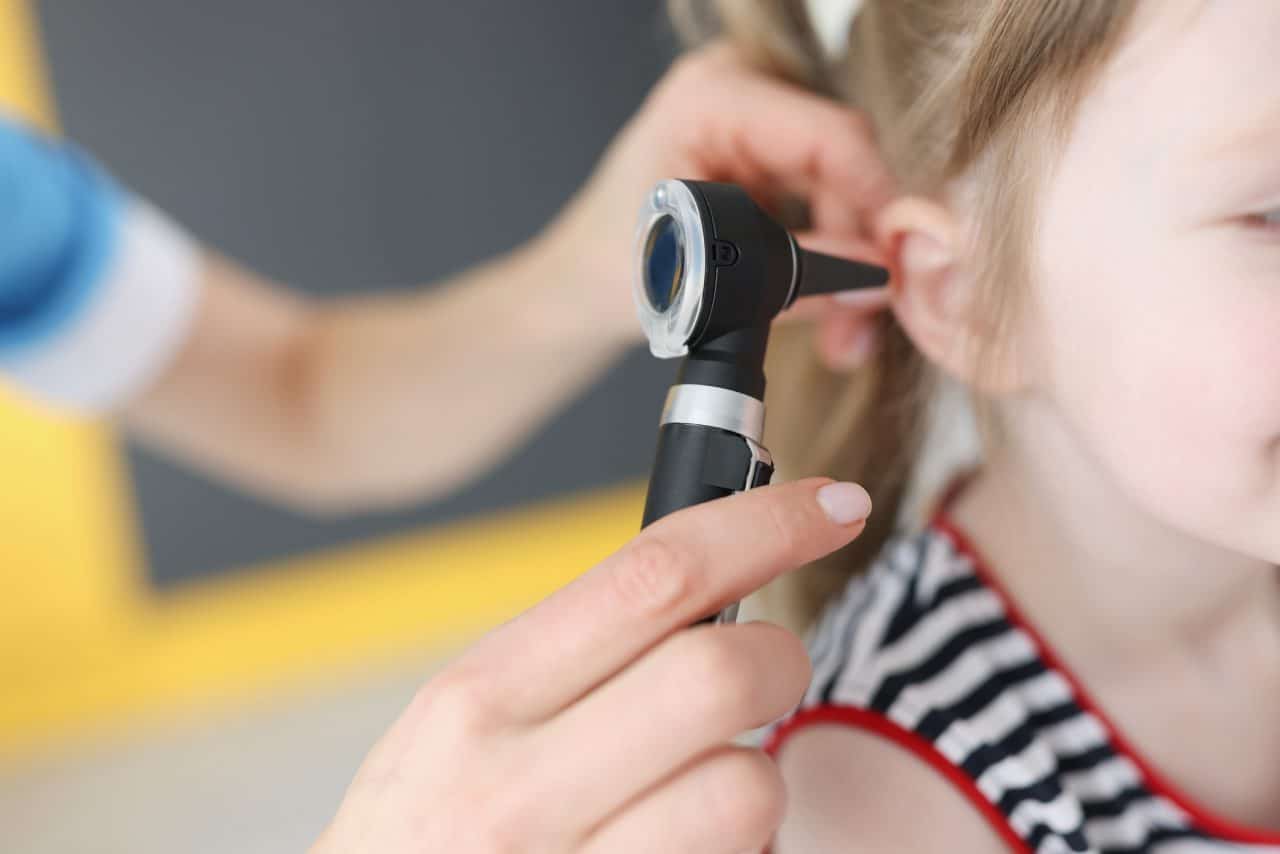The CDC reports that between one and three of every 1,000 children have some degree of hearing loss. If your child has hearing loss or if you have a child in your classroom with hearing loss, these communication tips may be helpful.
Create a Good Listening Environment

To create a good listening environment at home, you can add carpets and curtains, hang lots of art on the walls and close doors and windows. You should also move your child away from noisy appliances and electronics before speaking to them. At school, you can seat the child close to the teacher with their good ear facing where they usually stand and add rugs, acoustic ceiling tiles, bulletin boards and artwork.
Help Your Child Pay Attention & Understand
Get your child’s attention before speaking to them by calling their name or touching their shoulder. When your child misunderstands you, rephrase rather than repeat what you said. Talk into your child’s “good ear,” if they have one. And when giving instructions, chunk the info into short pieces and tell them only the necessities.
Use Visual Cues
Visual cues are key to communication for people with hearing loss. When talking to a child with hearing loss, face them directly, keep objects away from your face and mouth and ensure the lighting is adequate. At school, use visuals such as lists of classroom routines, new vocabulary words on the whiteboard, written instructions for activities and visual demonstrations of ideas.
Watch for Signs of Frustration
Try not to let your child get frustrated. To do this, encourage your child to speak up when they cannot hear or understand, give your child enough time to process what is said before responding, involve your child in activities they love like during Atlanta youth athletics programs and overall be patient and encouraging.
Invest in Hearing Aids
According to one study, “Consistent use of hearing aids was the only variable that exhibited a strong relationship with hearing and language skills.” This is why it’s important to seek treatment for hearing loss early from an expert audiologist. To learn more or to schedule an appointment, call Advanced Hearing today.


